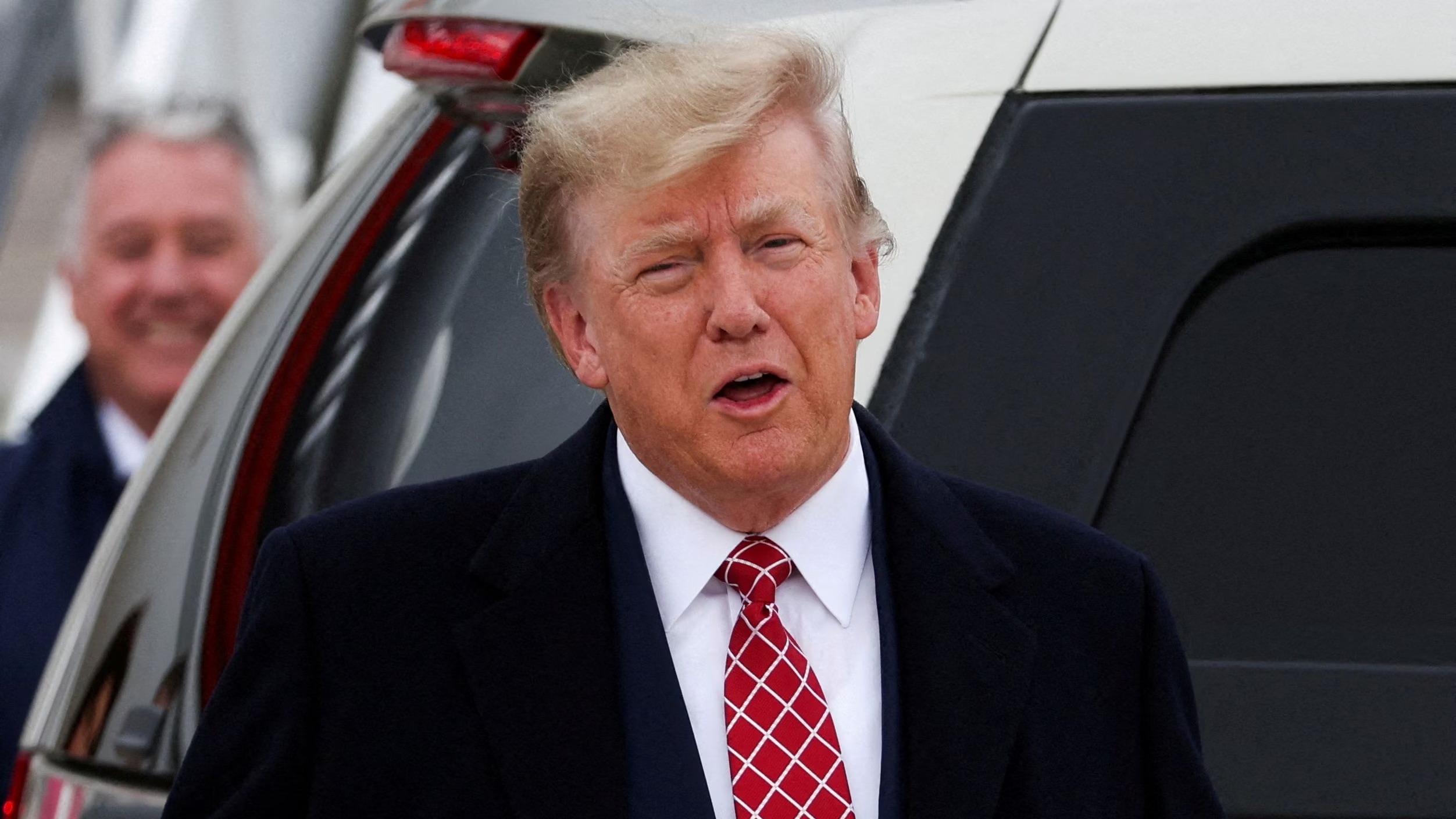
President Donald Trump announced on Wednesday that the U.S. will impose 20% tariffs on imports from Vietnam as part of a new trade agreement reached in last-minute negotiations.
Previously, Vietnamese products faced a 46% tariff set to take effect next week under Trump’s “reciprocal” tariff policy announced in April. Many other economies, including the European Union and Japan, continue negotiating to avoid similar tariff hikes.
Under the new deal, Vietnam will not impose tariffs on U.S. goods, Trump stated in a social media post, calling it a “Great Deal of Cooperation.”
Transshipment Clause Targets Re-Exports
The agreement also includes a 40% tariff on goods that are transshipped through Vietnam—products made in other countries, primarily China, but routed via Vietnam to avoid tariffs.
Peter Navarro, Trump’s senior trade advisor, noted that about one-third of Vietnamese exports to the U.S. are Chinese goods shipped through Vietnam.
Vietnam serves as a manufacturing hub for brands like Nike, Apple, Gap, and Lululemon, benefiting from factory relocations away from China to avoid tariffs during Trump’s first term.
Stock prices of companies producing in Vietnam rose initially on the deal’s announcement but moderated after it became clear that a 20% tariff would remain.
Adam Sitkoff, executive director of the American Chamber of Commerce in Hanoi, expressed optimism about the deal but questioned the enforcement clarity of the transshipment tariffs.
Diplomatic and Business Ties
Vietnam’s General Secretary To Lam spoke with Trump, reiterating an invitation for the U.S. president to visit.
Separately, the Trump Organization has announced plans to invest $1.5 billion in luxury development projects in Vietnam, including hotels, golf courses, and possibly a Trump Tower in Ho Chi Minh City.
Trump’s tariffs, launched in April to enforce trade “reciprocity,” initially imposed steep levies but were paused and lowered to 10% for most countries to allow time for deal-making.
Since then, the U.S. has finalized trade agreements with Britain and China, with negotiations ongoing elsewhere.
Author’s Opinion
While the tariff reduction from 46% to 20% for Vietnamese imports offers some relief, tariffs still raise costs that often trickle down to consumers. The transshipment clause attempts to curb tariff evasion but risks complicating trade relations if enforcement is unclear. The involvement of the Trump Organization in Vietnam’s real estate market further blurs the line between policy and business interests, raising questions about the motivations behind trade negotiations.
Featured image credit: Heute
For more stories like it, click the +Follow button at the top of this page to follow us.
